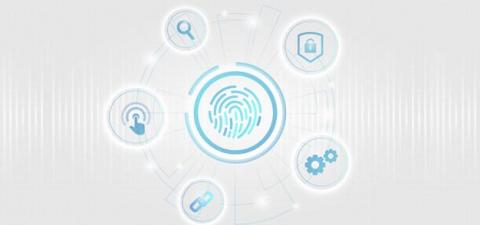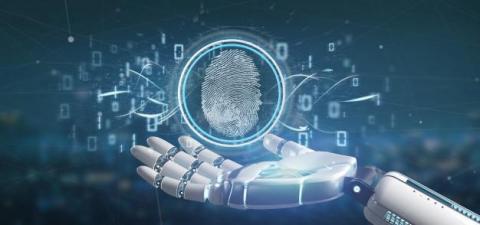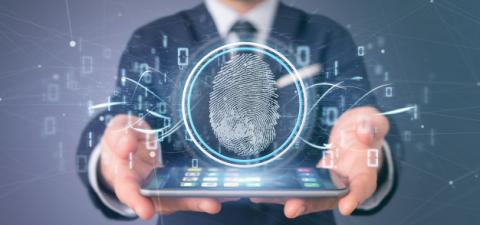A brief history of "Identity"
In ancient history, to be able to establish identity implied you had to recognize the person simply by their appearance. So typically, one actively transacted only with those in the same neighborhood or village. “One of the earliest known references to paperwork that served in a role similar to that of a passport is found in the Hebrew Bible.




